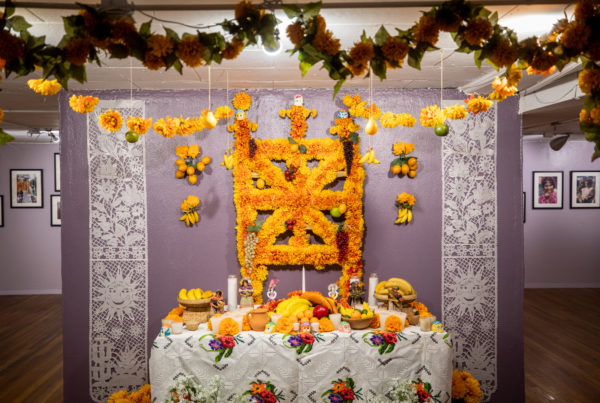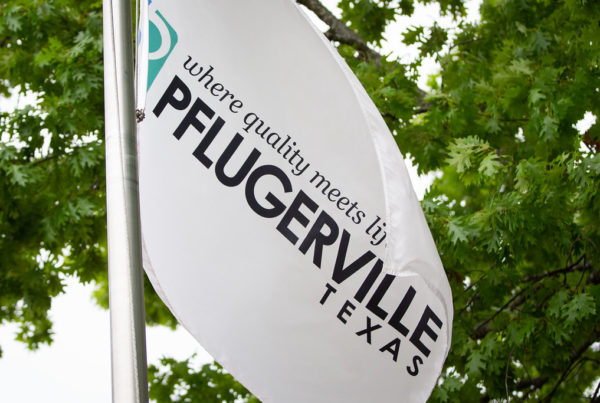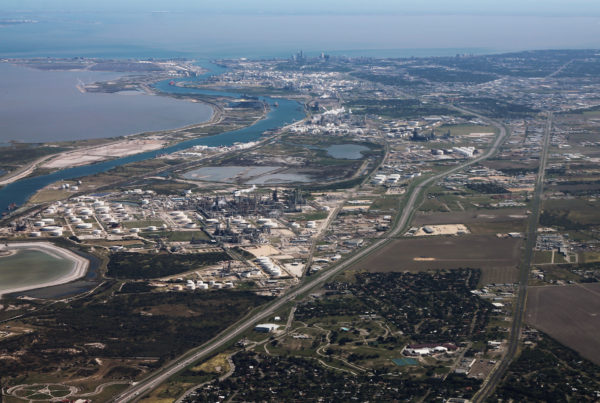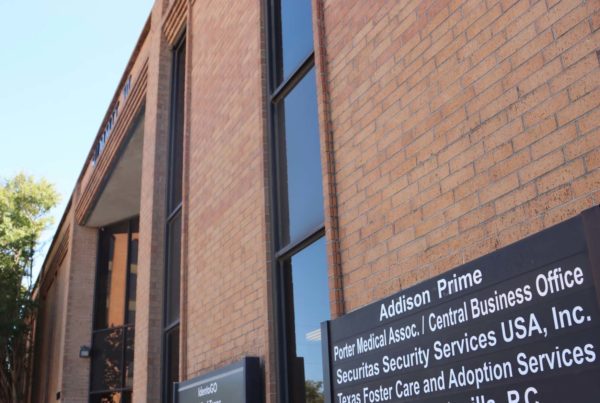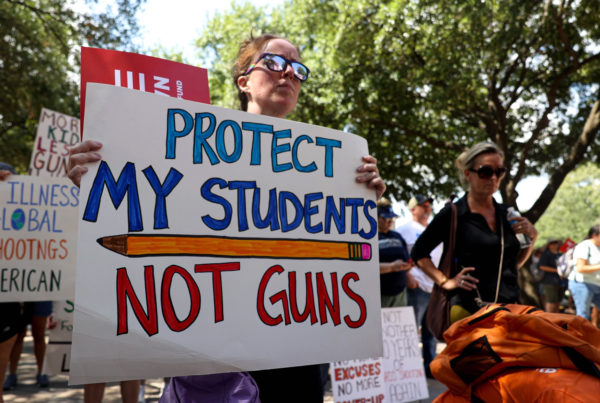The last Democrat to win a statewide race in Texas was Governor Ann Richards in 1990, a little over thirty years ago.
Since then, Democrats have explained the struggle to win races as a problem of turnout, not necessarily one of ideology.
The idea: Texas isn’t a red state, it’s a non-voting one.
Ben Rowen is a senior editor at Texas Monthly and, as part of the magazine’s election coverage, he traveled across the Lone Star State and talked to voters, pollsters, party officials, and political scientists about why Texas has been such a Republican stronghold.
In a recent piece for the magazine, came to the conclusion that, “Texas isn’t a secretly blue state” and joined the Texas Standard to talk about it. Listen to the story above or read the transcript below.
This transcript has been edited lightly for clarity:
Texas Standard: What inspired you to look into this and how can you be so conclusive in that statement?
Ben Rowen: Texas Democrats have not won a statewide election in 28 years, and despite that, they like to say that Texas is not a red state. It is a nonvoting state. On that second half, Democrats are 100% correct. Texas is a nonvoting state in most every election that the state has. If nonvoters were a political party, they’d win. But when it comes to the second half of that expression, that Texas is not a red state, the evidence isn’t so clear. Not only have Democrats not won one in 28 years, but that assumption relies on the belief that nonvoters are Democrats. And I traveled the state talking to nonvoters and talking to pollsters and party operatives and political scientists. And it’s just not that clear that the nonvoters are a group that turn out in any election for the Democrats.
Well, let’s talk a little bit about your trans-Texas tour, if you will. You spoke with business owners, baristas, veterans. Tell us a little bit more about those conversations.
I traveled Texas. I went to El Paso, which is the lowest-turnout-major-city, and four of the ten lowest turnout counties. And basically, I was just trying to talk to anyone I could find about whether they were planning on voting. And if not, why not? I heard a lot of bizarre responses. One person told me that they’d heard the expression “one vote can make a difference,” and they were worried that they were going to make the wrong choice. But I heard more commonly that neither party was delivering anything material to those folks who weren’t planning on casting ballots.
Well, what it sounds like you’re hearing is a lack of engagement based on, what, disappointing outcomes or a sense that “my vote doesn’t matter.” Is there a way of distilling that down?
I think it’s both of what you mentioned there. A lot of folks don’t believe their vote matters. And that’s one effect of some of the gerrymandering that goes on in this state where, depending on where you live, you might not have a competitive election to vote in. In fact, most elections in the state are not competitive, but it’s also a lot of outcome-based beliefs that, you know, “I voted for Democrats in the past. My city council members are Democrats. My county judge is a Democrat, and my life hasn’t changed at all.”
Ben, as someone who’s been covering politics for a long time, you’ve got the midterms coming up. Is there anything that you might be looking for in outcomes that could suggest that maybe it’s not so clear that Texas is a red state monolith that it’s often cast to be?
I want to be clear that there is a belief that a majority, a slim majority – not as many as Democrats think – would vote Democratic in a super, super high turnout election. So the question is, what are the factors that might get a super high turnout effort in favor of the Democrats? A lot of the party leaders I talked to suggested that they thought the Supreme Court decision overturning Roe v. Wade might drive a lot of voters to the polls. And others thought that it might just be that Beto O’Rourke is a unique, charismatic candidate who can drive voters in a way that can. I think to that end, I would be looking pretty closely at the early vote turnout these next weeks and seeing who is showing up at the polls and who seems super engaged and active to vote.




